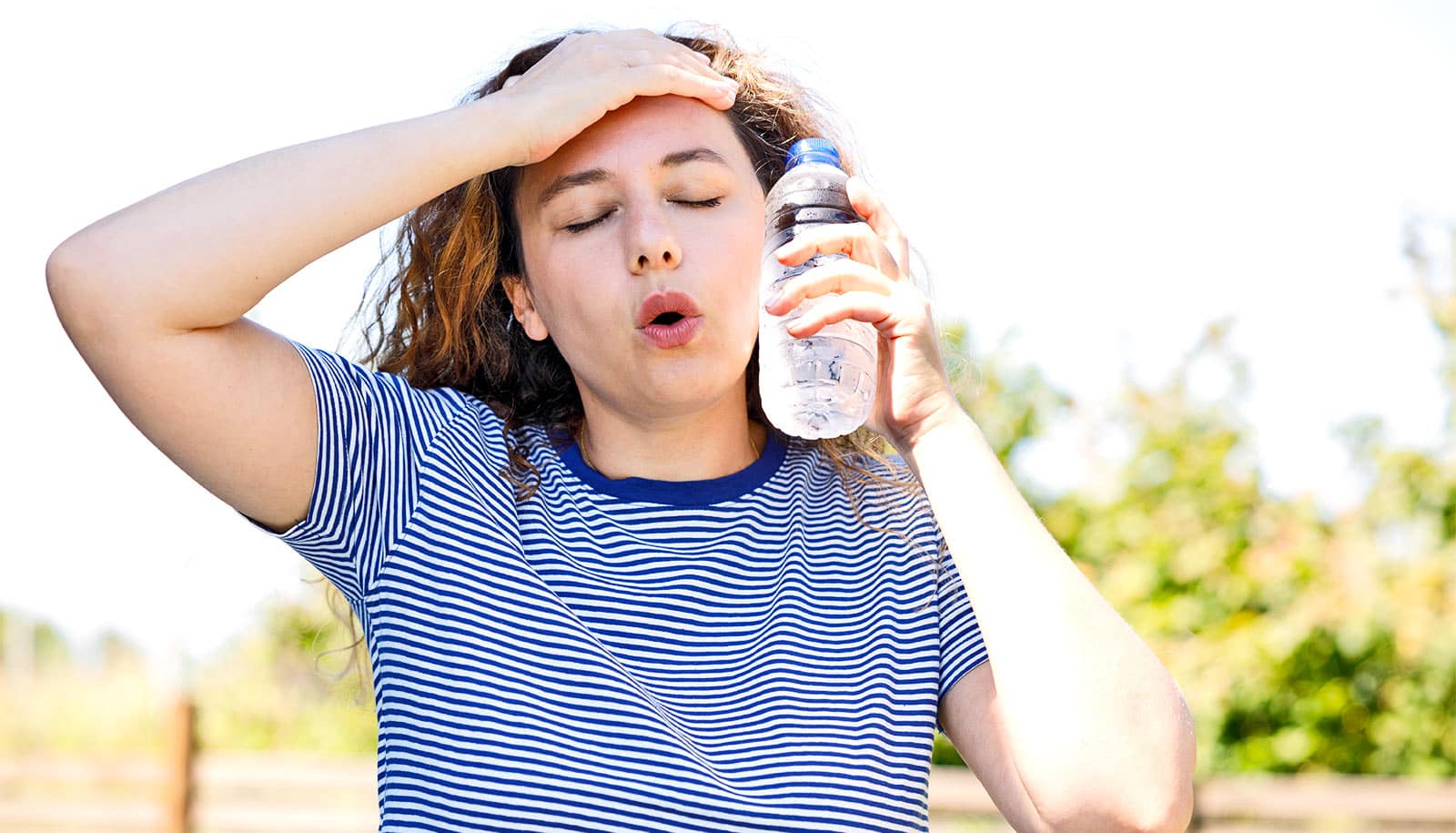Your body has a maximum operating temperature, according to a physician who knows an overheated person when she sees one.
When you heat up, your body has ways to keep you at a temperature where your enzymes work optimally, says Jaiva Larsen of the University of Arizona. Enzymes are proteins that speed up specific chemical reactions in the body.
To help keep you cool, you begin to perspire and your blood vessels dilate. But if you begin to overheat, you can become dehydrated from all that sweating, or your electrolyte balance can be disrupted because you’ve taken in too much water and not enough salt. That, in turn, can lead to seizures and other serious problems, says Larsen, an emergency medicine physician at Banner – University Medical Center Tucson and medical toxicology fellow.
When it comes to heat-related illness, Larsen says she most often treats people who have been exercising in the heat; those who are in vulnerable populations, such as pregnant women, the elderly, and infants; those on certain medications; or those who have been using street drugs or alcohol, both of which make them more vulnerable to heat-related illness.
Signs of heat-related illness include dizziness, light-headedness, confusion, slurred speech, and weakness. If these signs arise, it’s important to seek medical attention quickly, Larsen says.
Temps under 100 can kill in New England
Her advice for hot weather in the days and weeks to come: Plan with the right equipment if you insist on doing physical activity. Even better, stay out of the heat during the hottest times of the day, stay in cool areas, seek out air conditioning or a pool, and look out for those who might be vulnerable.
“If you do have an elderly neighbor, or you’re friends with someone with small children, keep an eye out for them as well, because they might not be doing as well as you are,” Larsen says.
Source: University of Arizona



